Social Issues
awareness campaigns, breaking the silence, community awareness, community involvement, counseling services, domestic violence, domestic violence prevention, education against abuse, effects of abuse, empowering survivors, ending violence, safe shelters, social stigma, stopping abuse, survivor empowerment, survivors support, Zeeshan Azhar
Zeeshan Azhar
0 Comments
Domestic Violence: Breaking the Silence in Our Communities
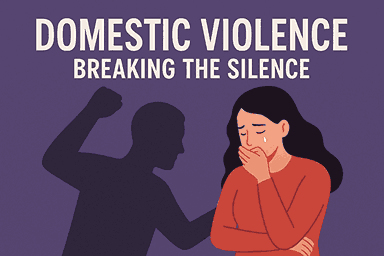
Domestic violence is a serious social issue that affects individuals and families across the world. It does not discriminate by age, gender, class, or culture. Sadly, in many communities, the problem is often hidden behind closed doors, leaving victims to suffer in silence. Breaking this silence is essential to protect lives, strengthen families, and build healthier societies. By addressing domestic violence openly, communities can create an environment where survivors feel safe to speak, seek help, and heal.
Understanding Domestic Violence
Domestic violence refers to patterns of abusive behavior in relationships where one partner seeks to control or harm the other. It may include physical violence, emotional abuse, verbal threats, sexual exploitation, and financial control. Often, abusers use multiple forms of manipulation to maintain power. While many assume domestic violence affects only women, men can also be victims, and children who witness abuse experience long-term trauma. The first step toward change is recognizing that domestic violence exists in every community and that silence only strengthens the cycle of abuse.
The Hidden Nature of Abuse
Many victims remain silent because they fear social stigma, financial insecurity, or further violence if they speak out. In some cultures, discussing family problems outside the home is considered shameful. This silence creates isolation and makes victims believe they are alone in their suffering. In reality, millions face similar struggles, but because of silence, abuse continues unchecked. Community members often suspect abuse but avoid interfering, thinking it is a “private matter.” This mindset allows perpetrators to continue harming others without accountability.
Consequences of Domestic Violence
The effects of domestic violence extend far beyond physical injuries. Emotional scars can last for years, lowering self-esteem and creating feelings of hopelessness. Survivors often struggle with anxiety, depression, and post-traumatic stress disorder. For children, witnessing abuse is especially harmful. They may develop behavioral problems, have difficulty in school, or repeat the cycle of violence in their own adult relationships. Economically, survivors may lose their ability to work or face poverty due to financial dependence on the abuser. The cost to society is also high, with increased healthcare needs, legal cases, and loss of productivity.
Breaking the Silence
Ending domestic violence begins with breaking the silence. Survivors must be encouraged to speak without fear of judgment. Friends, family, and community leaders should offer support instead of blame. Awareness campaigns, open discussions, and education can reduce the stigma surrounding this issue. Religious leaders, teachers, doctors, and social workers play a vital role in spreading awareness and guiding victims toward help. When communities openly acknowledge the problem, survivors find strength in knowing they are not alone.
The Role of Education and Awareness
Education is one of the most effective tools in preventing domestic violence. Schools should teach young people about healthy relationships, respect, and conflict resolution. Children who learn the values of equality and compassion are less likely to tolerate abusive behaviors. Public awareness campaigns can highlight signs of abuse, provide information on support services, and encourage community members to report suspected cases. By promoting knowledge, societies empower individuals to recognize abuse early and seek help.
Support Systems for Survivors
Survivors of domestic violence need strong support systems. Safe shelters, hotlines, counseling centers, and legal aid services must be accessible. These resources provide safety, emotional healing, and practical assistance to rebuild lives. Medical professionals should be trained to recognize signs of abuse and guide patients toward resources. Legal systems must enforce strict laws against abusers and protect survivors from retaliation. The presence of reliable support not only helps individuals escape abuse but also prevents future violence.
The Importance of Community Involvement
Communities must actively participate in preventing domestic violence. Silence and inaction allow abuse to thrive. Neighbors, friends, and relatives should not ignore warning signs such as frequent injuries, isolation, or controlling behavior. Offering a listening ear or guiding victims toward professional help can save lives. Faith-based organizations, schools, and community centers can organize workshops to spread awareness and encourage collective action. By uniting against domestic violence, communities send a clear message that abuse will not be tolerated.
Breaking Cultural and Social Barriers
Cultural norms often prevent victims from speaking out. In some societies, women are expected to remain obedient and silent even when facing abuse. Others believe that divorce or separation brings shame to families, forcing victims to endure violent relationships. To break these barriers, community leaders must challenge harmful traditions and promote values of justice, dignity, and equality. Changing deep-rooted beliefs takes time, but open dialogue and consistent awareness efforts can shift mindsets toward compassion and fairness.
Empowering Survivors
Empowerment is central to breaking the cycle of domestic violence. Survivors should be encouraged to pursue education, careers, and personal growth. Financial independence reduces dependence on abusers and gives survivors the courage to rebuild their lives. Counseling and therapy help victims heal emotionally and regain self-confidence. When survivors share their stories, they inspire others to break free from silence and seek justice. Empowered survivors become advocates for change, strengthening efforts to eliminate domestic violence.
The Path Forward
Domestic violence is a global issue, but solutions begin at the local level. Each community has the power to break the silence, support survivors, and stop abuse before it continues to future generations. Through education, awareness, support systems, and empowerment, societies can build safer homes and healthier families. The responsibility lies not only with governments or organizations but with every individual who chooses to speak out, stand up, and support victims. Silence protects abusers, but unity, compassion, and action protect survivors.
Conclusion
Domestic violence is more than a private matter; it is a public issue that affects the health and stability of entire communities. Breaking the silence is the first step toward change. Survivors deserve to be heard, supported, and empowered to live free from fear. By raising awareness, providing resources, and challenging harmful social norms, communities can work together to end domestic violence. A safer, more compassionate society begins when individuals refuse to ignore abuse and instead choose to stand against it. Breaking the silence saves lives and paves the way for a future built on respect, dignity, and peace.
Tag
awareness campaigns breaking the silence community awareness community involvement counseling services domestic violence domestic violence prevention education against abuse effects of abuse empowering survivors ending violence safe shelters social stigma stopping abuse survivor empowerment survivors support Zeeshan Azhar
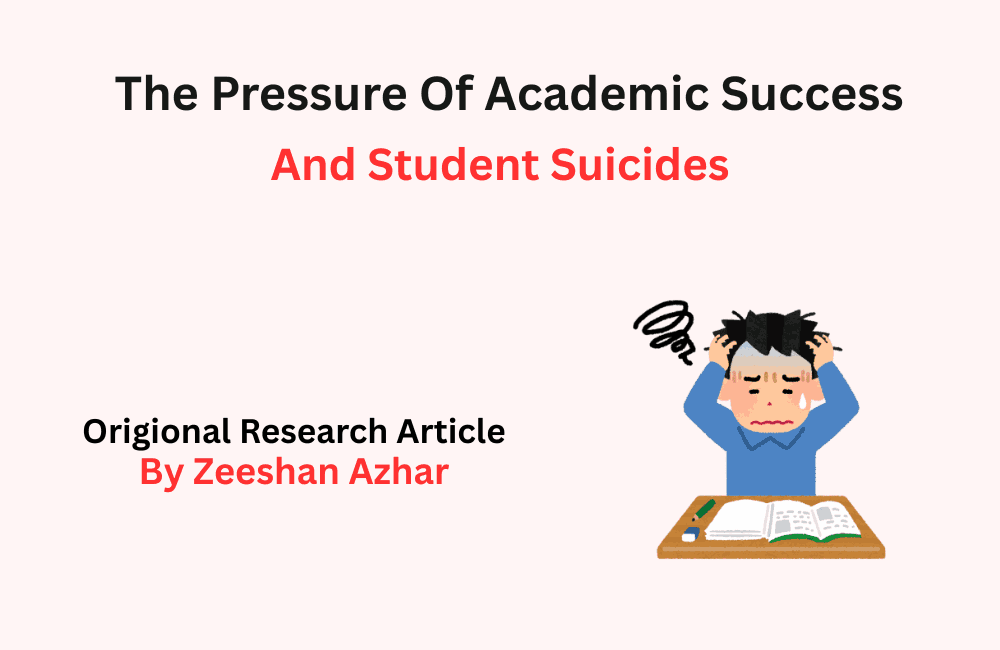
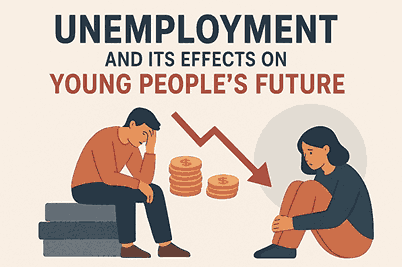
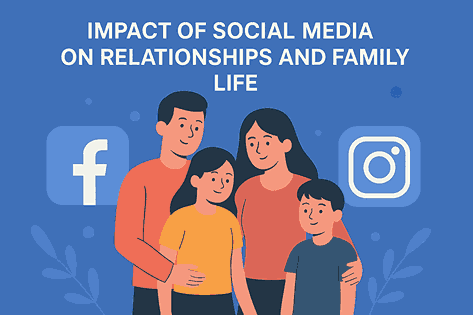
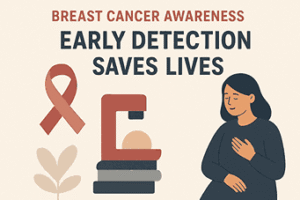
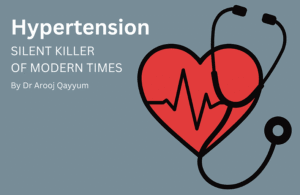
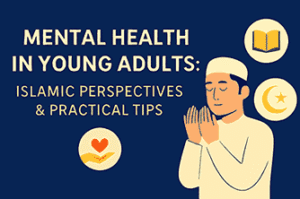
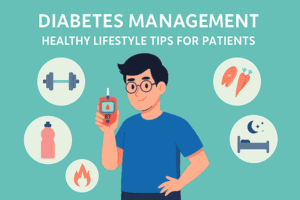
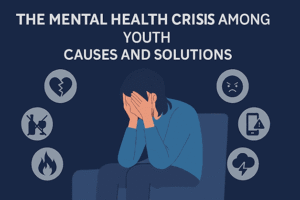
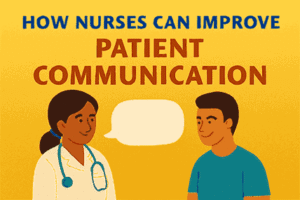
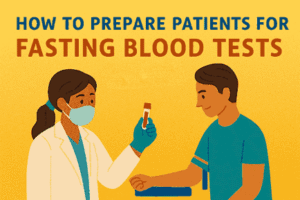
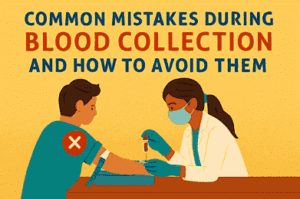
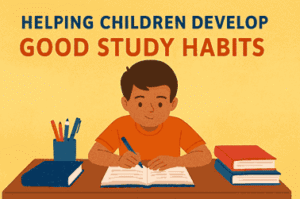
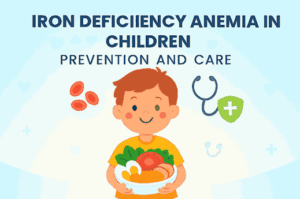
Post Comment